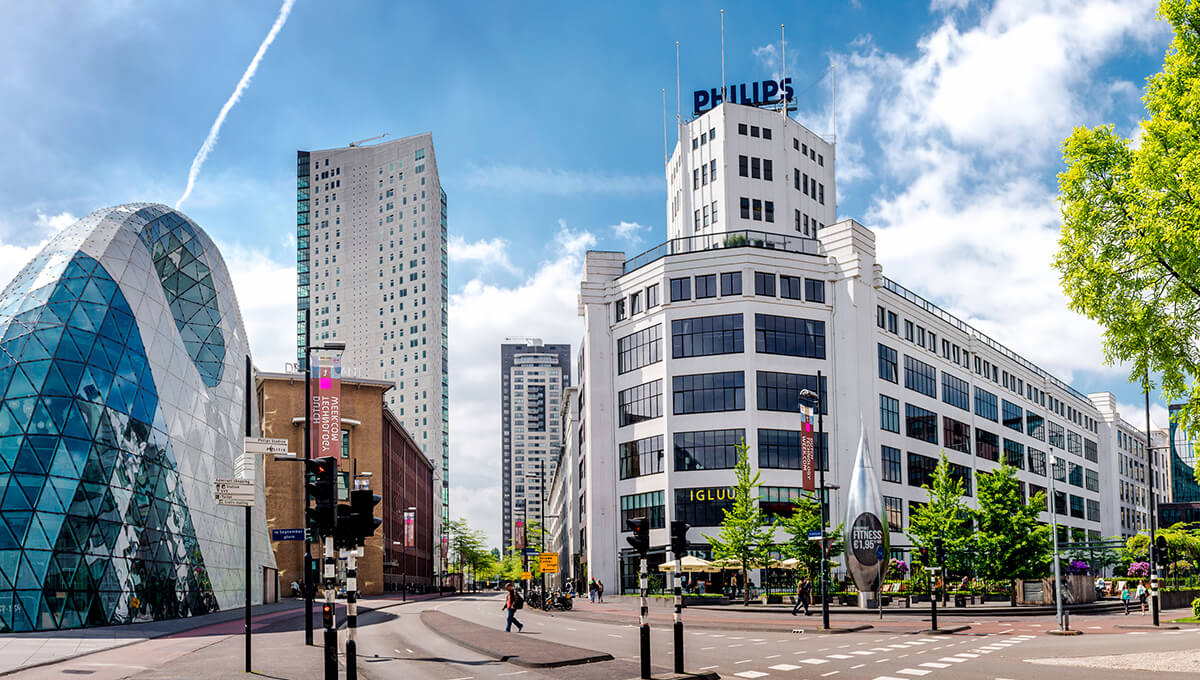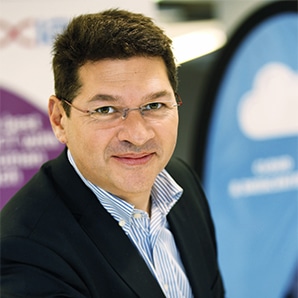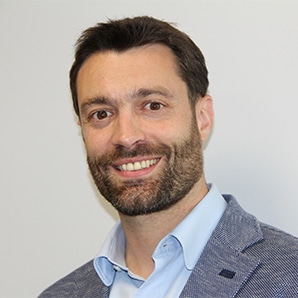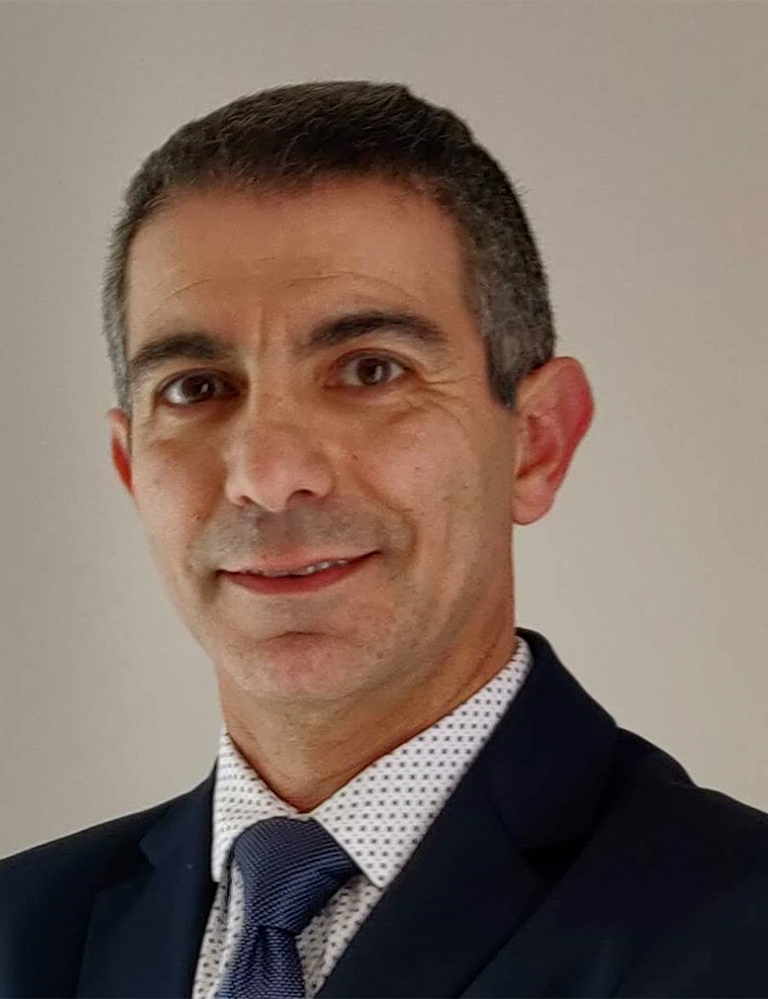
© Amoklv / istock
In a context of global competition, budget constraints and environmental concern, cities must adapt and enhance their communities in order to boost economic development, improve quality of life and increase their perceived value. Technological developments go a long way towards addressing these constraints. But although technology helps meet most expectations in cities, it must not be an end in itself. Instead, it must remain a tool that supports collective projects.
It makes good sense to collect data, but it makes even better sense to exploit it.
In Place de la Nation, Paris, sensors have been installed to analyse traffic (pedestrian, cycle and motor), noise and pollution. The data generated by the sensors have proved very useful in the redevelopment of the square. Similarly in Eindhoven, in the Netherlands, local government has set up dozens of sensors to measure pollution in real time. This means that residents can access a live report of the pollution level in their neighbourhoods. The city has revamped its urban planning scheme so as to reduce congestion in the most polluted areas and redistribute urban traffic more effectively.
To collect the data, various technologies can be implemented that support the use of connected devices. A user-friendly interface must then be produced for professionals and private individuals in order to utilise the data in question. Once the data has been gathered, it has to be organised in a structured way so that it can be analysed in real time or non-real time. It’s the role of Big Data experts to extract relevant information from it.
Collective intelligence
But local authorities do not always have all the capabilities needed to exploit the data, which is why it should be opened up to a wider group of stakeholders. Each stakeholder can find value in the data, and as a result cities inspire emulation and create new services.
Smart city schemes will deploy technology, that’s for sure, but the key aspect is to take account of local authorities’ needs and constraints. By placing municipal services, residents, shops, businesses and tourists at the heart of thinking, and by focusing on efficiency, habits and new services, we bring collective intelligence to all city stakeholders.
Edouard HENRY-BIABAUD, Smart Cities development manager at Axians, and Guillaume GARRIC, Omexom Brand Director
15/11/2017





